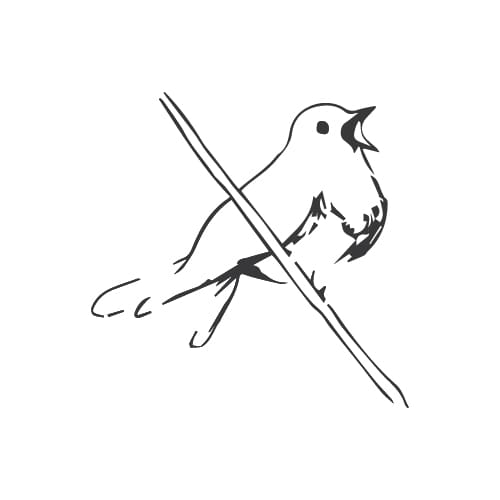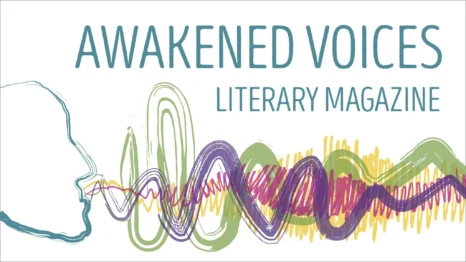Bodily Authority
- Nightingale
| One trauma folds into another as Meredith Lindgreen explores loss after a miscarriage and an experience with sexual violence. She meditates on a lack of authority or autonomy within her body, and she explores the un-reality that comes from grief in all its different forms. Lindgreen bravely shares the truth of a difficult time while emphasizing honesty in her experience. |

Bodily Authority
by Meredith Lindgren
“For the wife does not have authority over her own body, but the husband does.”
1 Corinthians 7:4 (ESV)
I went to the doctor and found out that I’d lost the baby. It had been dead since right around the last appointment. I had carried it around that way for four weeks, the longest I could have without anyone noticing. The doctor, who had delivered my daughter twenty months before, asked if I wanted to do the removal procedure, dilation and curettage, that afternoon or if I wanted to wait the weekend, to see if anything happened, it was Friday.
I didn’t wait.
I had tasted anesthesia before. I never met a surgery that I liked.
I woke up screaming “Put it back in! It’s still alive!” The faces in the room were the surgical technician and my husband of two years. They fell. This quieted me. The room echoed even with the silence though.
There was nothing to do but leave, pick up dinner and go home.
I got put on two weeks pelvic rest. My follow up exam would be at the end of it. The mood aside, to fuck could be to fuck off my fertility.
When I imagine what happened next, order and honesty aren’t important.
Silence is the only truth.
He was coming to bed. The sun was rising. I guess it had been good coke, all night coke. The drugs were just another promise broken. If people wouldn’t say anything to get what they wanted, he would. My job was to not care.
As far as the next part, I tell myself he forgot that the doctor said we couldn’t do it. I tell myself he just forgot about the potential loss of fertility. Of course he cared, I was his wife.
I tell myself he didn’t hear me say “no.” I was too quiet.
That’s what I’ve told myself when I’ve tried not to think about it. I still tell myself that.
I turned my head into the pillow to hide my tears. I tell myself he didn’t see them. He didn’t hear me say no, because I said it too quietly. He didn’t see me crying. I have a really flexible neck. I could barely breathe my face was so far in the pillow.
He was touching, not holding my wrists. I wasn’t being held down. I could have gotten out and it wouldn’t have hurt like getting hit. That was behind us. It would never happen again. Shelters are always full.
This was nothing like that. And he didn’t hear me say no. And he didn’t see me cry. Just because there were hands on my wrists didn’t mean they were held down.
Then it was over. That’s what I tell myself.
After that it was over because it stopped.
I lay in the fetal position, nothing was lost on me. I tried not to shake our bed with my crying. I didn’t want to think what would happen if I did, he hated when I cried.
There was no better place to calm down. When he fell asleep he snored, he was on his way to a deviated septum. I still had to be careful, about the shaking, but not as much.
The sun was up. Our baby was up. She was going to have a little brother or sister. It didn’t matter, she wasn’t now.
When I sat up I was still pretty bent. When I stood up I was still pretty bent.
He just didn’t hear. He just didn’t see. My wrists didn’t even really hurt. It was all over now because it stopped.
*
This was originally published in The Progenitor Art and Literary Journal. https://docs.wixstatic.com/ugd/d90a67_996ddbd687e9410ea6dd1c60cd7e56b5.pdf
*
Meredith Lindgren graduated Summa Cum Laude from Metropolitan State University of Denver with a bachelor’s degree in creative writing. Her work has appeared in Progenitor Art & Literature Journal, Toasted Cheese Literary Journal and Subprimal Poetry Art.

